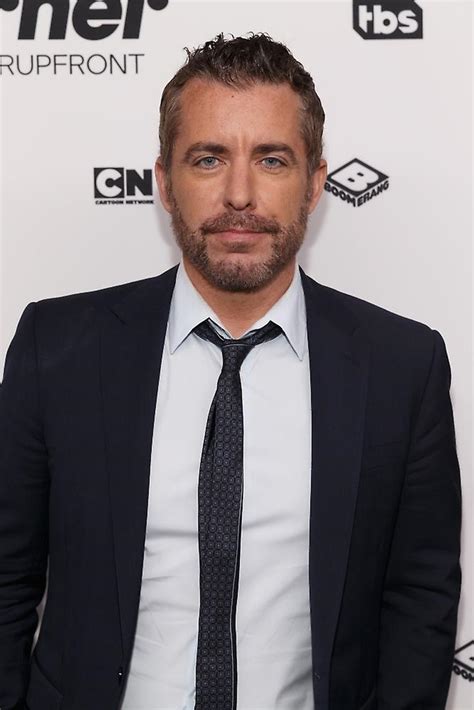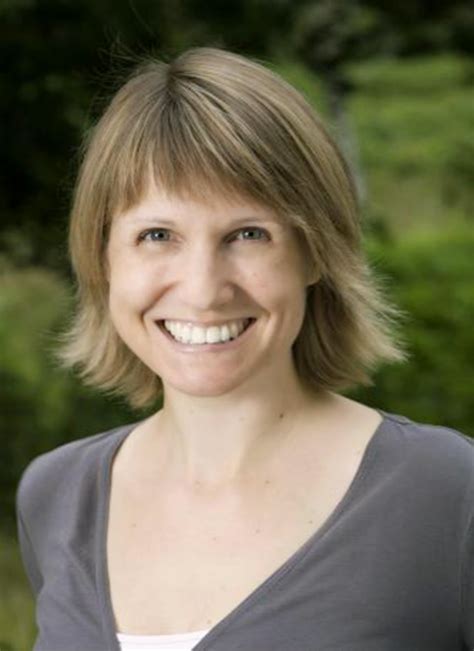A Quote by Leslie Marmon Silko
Distances and days existed in themselves then; they all had a story. They were not barriers. If a person wanted to get to the moon, there is a way; it all depended on whether you knew the directions, on whether you knew the story of how others before you had gone. He had believed in the stories for a long time, until the teachers at Indian school taught him not to believe in that kind of "nonsense". But they had been wrong.
Related Quotes
I knew what I wanted to do when I set out. I knew that I wanted to write a book that told the story, obviously. I wanted it be comedy first, because I felt like there already had been childhood druggy stories that were very serious, and I felt that the unique thing here was that I was a comic and I could tell the story with some levity, and I have been laughing at these stories my whole life.
I had wanted to make this film [Suffragette] for over a decade. There has never been a cinematic rendition of this story. I had not been taught any of the history of the movement at school, and the version I had gleaned had been the Mary Poppins story of women in large hats, petitioning. There was another version.
I feel that if I had not had an art program in my school, I would have failed in a big way. My teachers knew I was intelligent, but they didn't quite know how I was ever going to apply that intelligence. The one or two teachers who knew me well knew that it would be through drawing or acting or whatever means of expression I was allowed.
And so they lived many happy years, and the promised tasks were accomplished. Yet long afterward, when all had passed away into distant memory, there were many who wondered whether King Taran, Queen Eilonwy, and their companions had indeed walked the earth, or whether they had been no more than dreams in a tale set down to beguile children. And, in time, only the bards knew the truth of it.
I had no intention of replacing Arnold [Schwarzenegger]. There were a few things that made me want to do the movie. They were the script which had a different direction to it, and it was a chance to do a very different Quaid. I didn't read the short story until I went to college.Reading the story had a different effect on me of how I pictured him to be and the tone of the story was different. In the story, he's a bit more of an everyman.
Every field piece I did on 'The Daily Show' was a story that lasted five to six minutes. We had a protagonist, we had an antagonist and often put them at odds. We knew the story we wanted to tell before we went in, and often it was about plugging whatever character you have - in this case, a real person - into said part.
I always knew from the beginning that this was the only way to write Then We Came To The End - that it had to be in first - person plural if it was going to illustrate how the individual becomes part of the collective. I had no interest in writing the book in a more conventional voice. It goes back to that fascination I had with telling a story in multiple ways. It was the only choice I gave myself, really - I said "This is it, pal. If you can't tell a story this way, you're going to have to abandon the book. Write it this way or give up."
He knew who I was, at that time, because I had a reputation as a writer. I knew he was part of the Bush dynasty. But he was nothing, he offered nothing, and he promised nothing. He had no humor. He was insignificant in every way and consequently I didn't pay much attention to him. But when he passed out in my bathtub, then I noticed him. I'd been in another room, talking to the bright people. I had to have him taken away.
She'd always known he loved her, it had been the one certainty above all others that had never changed, but she had never said the words aloud and she had never meant them quite this way before. She had said it to him, and she hardly knew what she had meant. They were terrifying words, words to encompass a world.
It was as if the demise of the owner had lent the flat a physical void it hadn't had before. At the same time he had the feeling that he wasn't alone. Harry believed in the existence of the soul. Not that he was particularly religious as such, but it was one thing which always struck him when he saw a dead body: the body was bereft of something...the creature had gone, the light had gone,there was not the illusory afterglow that long-since burned-out stars have. The body was missing its soul and it was the absence of the soul that made Harry believe.
I must. I have fought my last battle. When I saw the Clan at Sunningrocks, the strong helping the weak...and I knew you and the others had gone to confront the pack...I knew my Clan was loyal. I knew StarClan had not turned their backs on us. I knew...I knew that I could not leave you to face the danger alone.






































